When bad things happen, or we face adversity, we tend to ask ourselves why.
This is basic human nature. We are born with a fundamental need to understand why things happen and create meaning from those events. The way we interpret events can be thought of as our explanatory style, or self-talk — what we tell ourselves about ourselves, others, the world and the future.
Cognitive-behavioral therapy (CBT), first established by American Psychiatrist Dr. Aaron Beck, remains a dominant force in the field of psychology and behavioral health today.
The concept of CBT is simple but profound: What you think has a clear impact on how you feel and what you do.
The cognitive-behavioral model is not only a foundation for behavioral health treatment but can be used as an approach to daily life at home and at the fire station.
The idea is this: It’s not what happens to us in life, but how we think about what happens to us, that matters most. Furthermore, this belief system is influenced by many factors, including our past and the environment around us.

Distorted Thinking
Unfortunately, we are all vulnerable to crooked or distorted thinking at times. Changing (distorting) the way we think about something bad can be a good thing and help us cope. In other cases, distorted thought patterns can become toxic and subconsciously cast a negative outlook on our daily attitude, interactions and functioning.
Dr. David Burns, a critical pioneer in the field of CBT, identified several common types of distorted thoughts we experience.
Do you recognize any of these in yourself or someone else?
Always Being Right: The belief that one must always be correct or accurate, and that being wrong is unacceptable or equated to inferiority. The inability to admit when you’ve made a mistake for fear this means you are less than.

Changing Your Thinking
Increasing your awareness of unhelpful thought patterns and how these shape your daily emotions, behavior, interactions and relationships is often a primary goal of behavioral health treatment. When we learn to identify them for what they are (just thoughts, not facts), we can overcome them.
If you are struggling with depression, anxiety, substance abuse or PTSD, talk to your mental health care provider to see if cognitive behavioral therapy might help you.
The IAFF Center of Excellence is a residential mental health and substance abuse treatment exclusively for IAFF members located 45 minutes outside of Washington, DC. The IAFF Center of Excellence offers cognitive behavioral health therapy, in addition to a variety of treatment approaches and activities that could be right for you.
See the IAFF Center of Excellence Clinical Guide to learn more about the treatment offered at the Center.
To refer a loved one or learn more about getting help at the Center, call today.




